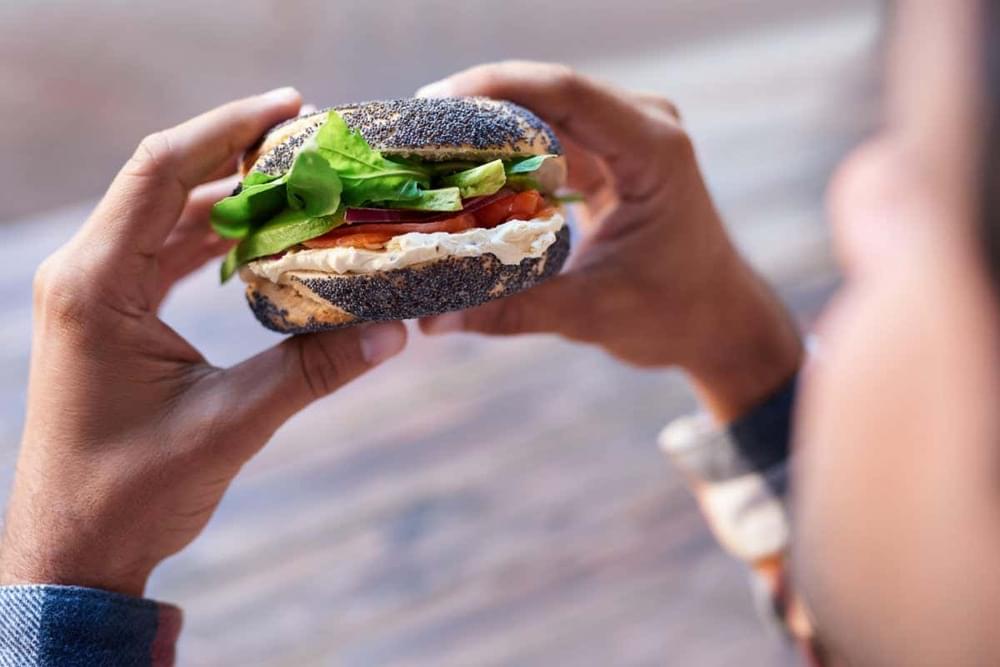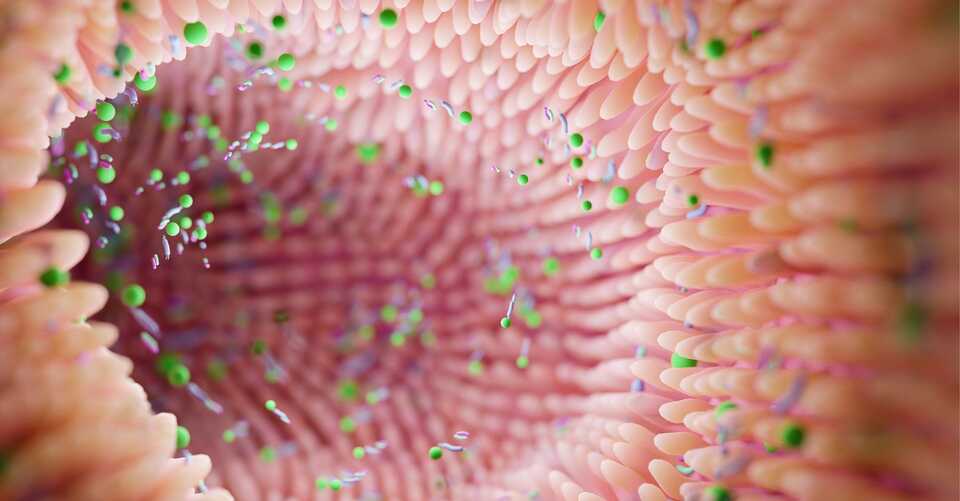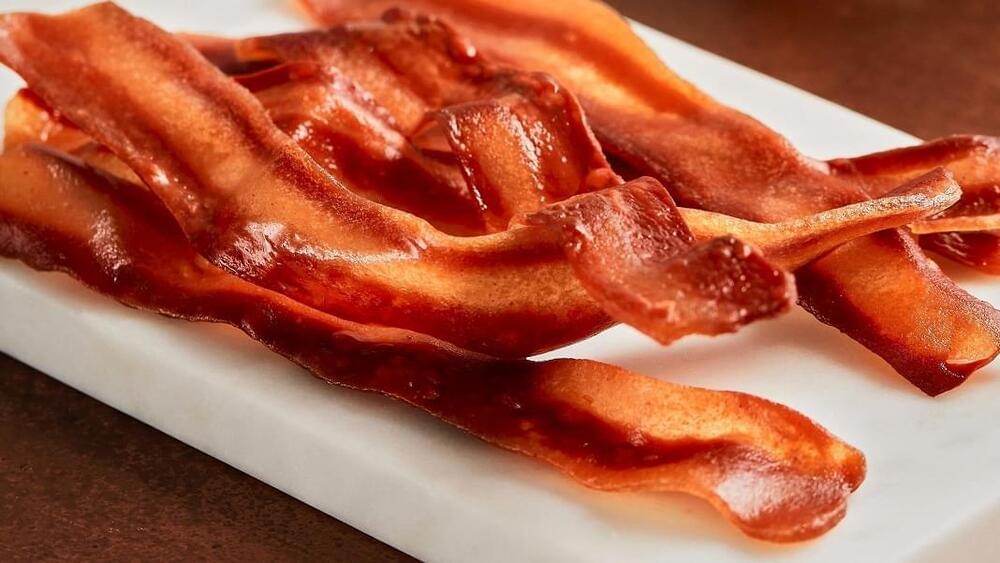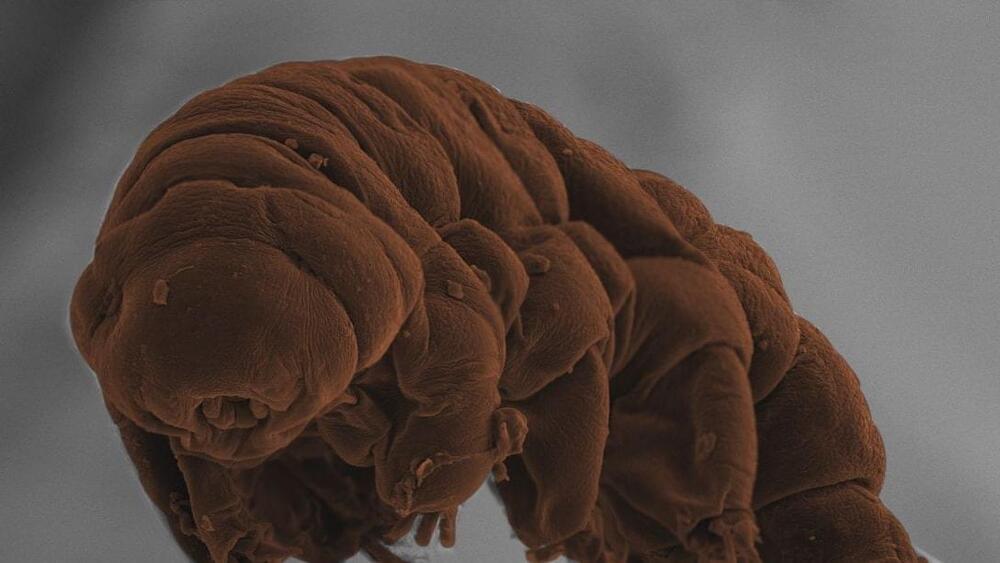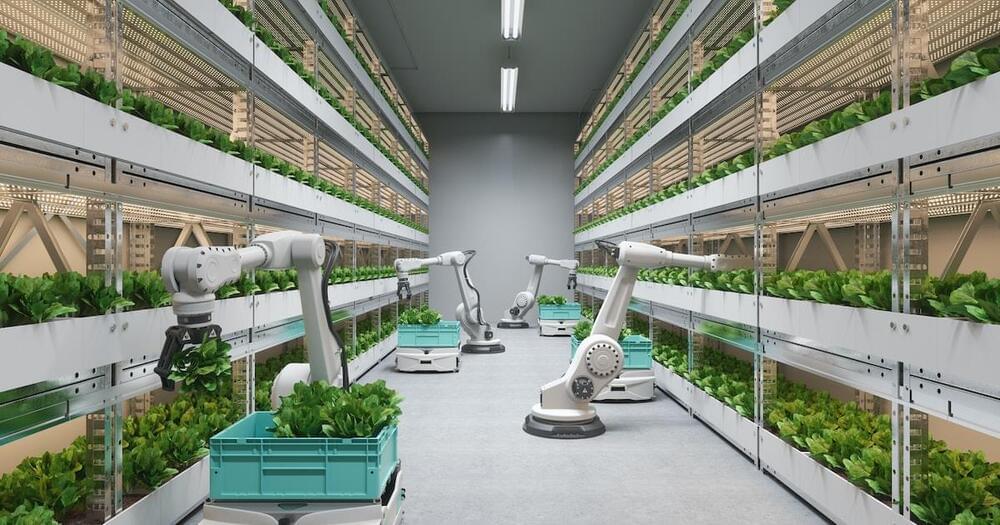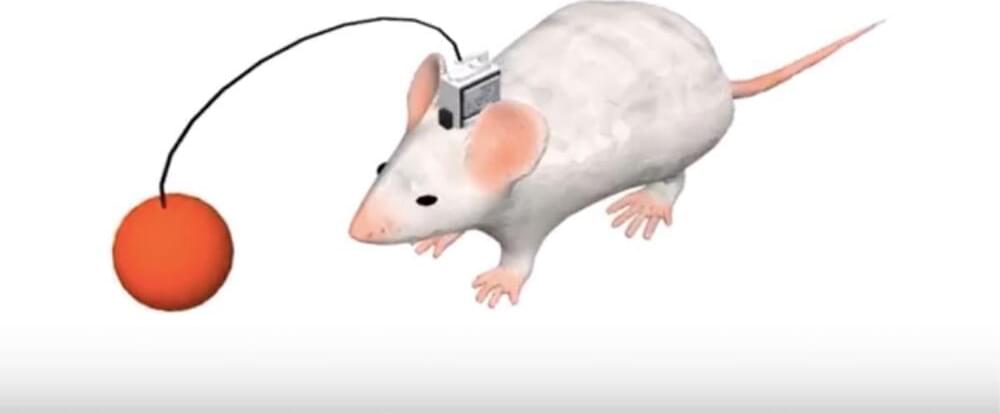
Google is shutting down Duplex on the Web, its AI-powered set of services that navigated sites to simplify the process of ordering food, purchasing movie tickets and more. According to a note on a Google support page, Google on the Web and any automation features enabled by it will no longer be supported as of this month.
“As we continue to improve the Duplex experience, we’re responding to the feedback we’ve heard from users and developers about how to make it even better,” a Google spokesperson told TechCrunch via email, adding that Duplex on the Web partners have been notified to help them prepare for the shutdown. “By the end of this year, we’ll turn down Duplex on the Web and fully focus on making AI advancements to the Duplex voice technology that helps people most every day.”
Google introduced Duplex on the Web, an outgrowth of its call-automating Duplex technology, during its 2019 Google I/O developer conference. To start, it was focused on a couple of narrow use cases, including opening a movie theater chain’s website to fill out all of the necessary information on a user’s behalf — pausing to prompt for choices like seats. But Duplex on the Web later expanded to passwords, helping users automatically change passwords exposed in a data breach, as well as assist with checkout for e-commerce retailers, flight check-in for airline sites and automatic discount finding.
